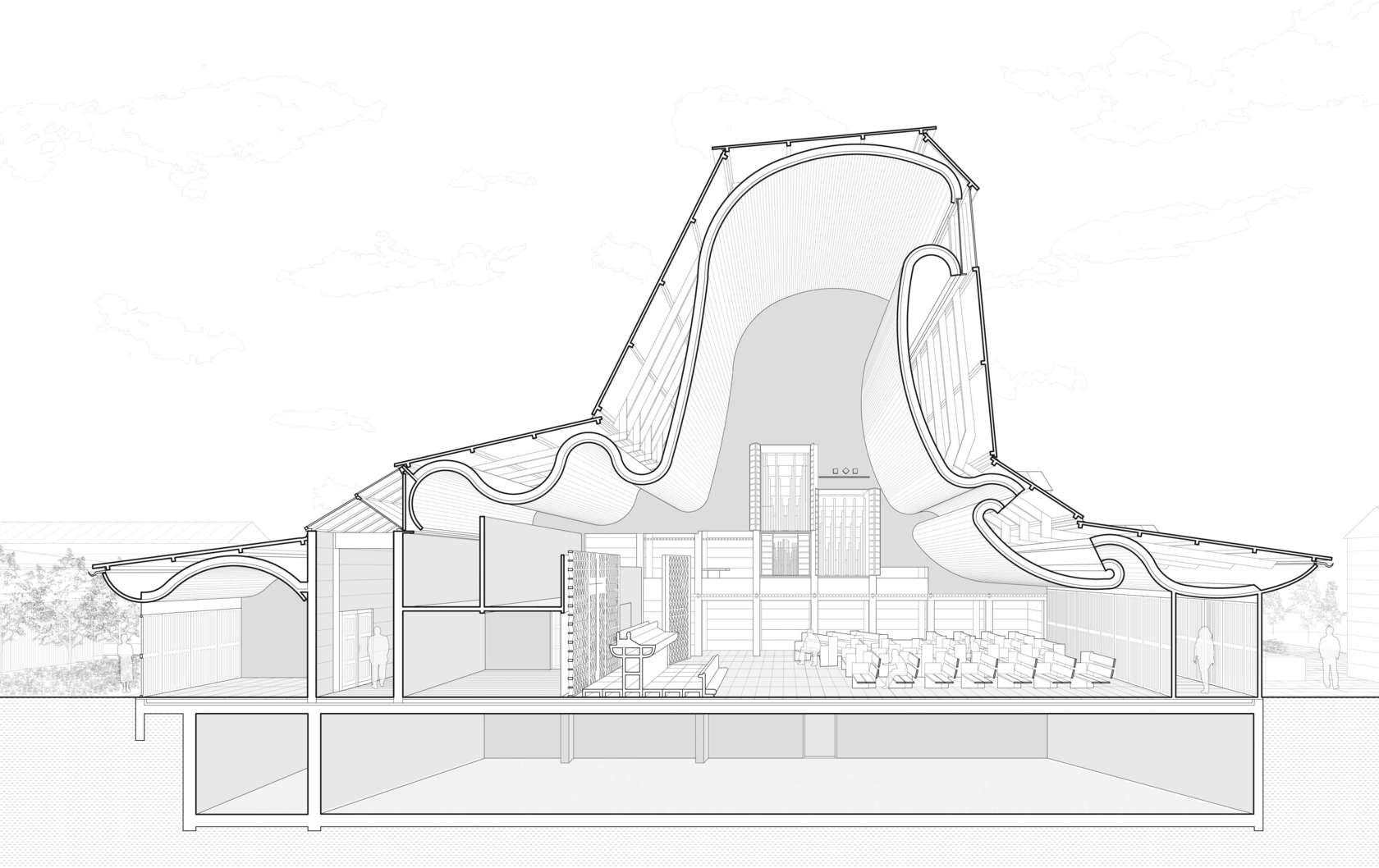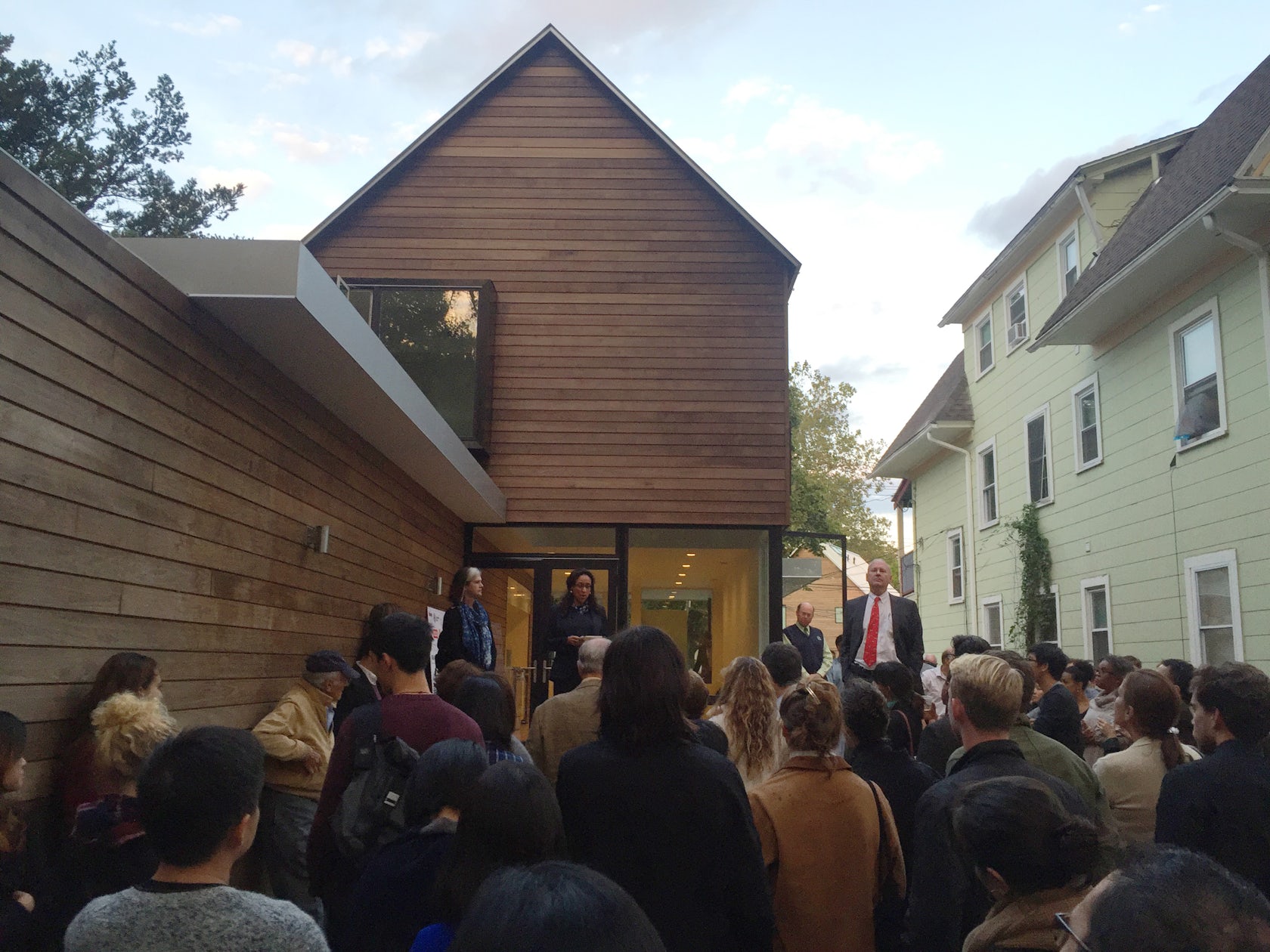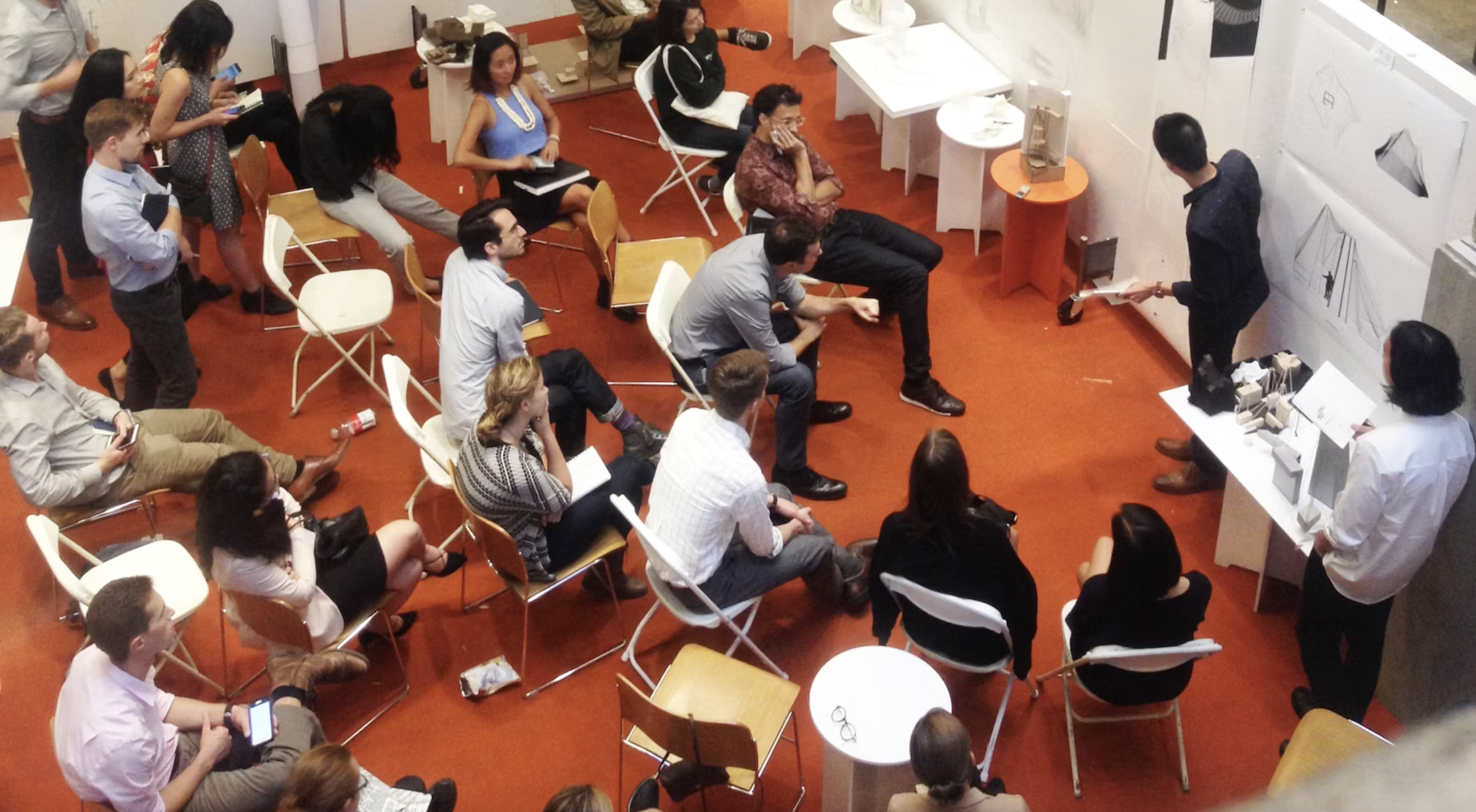Orli Hakanoglu’s “Life of an Architecture Student” series offers a personal account of one student’s experience at the Yale School of Architecture, giving a glimpse into the trials and tribulations of architecture school and offering a simple message to other aspiring architects throughout the year: you are not alone!
It’s hard to believe it has been only two weeks since I wrote my first article in this series. A tremendous amount of work and learning has been done since then, in the form of countless conversations, lectures, classes and more. Not only are all of the five courses I am taking now in full swing, we have already had a mid-review for our core studio and have since moved on to the next major design phase of the three-part project.
I am happy to report that I have not yet pulled an all-nighter, though there have been many, many late nights in which I work hard alongside my classmates to prepare the deliverables required of us. Every hour of the day has been filled with something. Downtime has mostly become a figment of my imagination.
Each student in our class has come to the school from a distinct undergraduate and work experience, lending each of us a set of strengths and weaknesses. For example, some excel in fabrication and craftsmanship but lack a deep knowledge of architectural history. Having personally come from an architecture program that focused mainly on architectural history and studio art, I have had to push myself a bit harder to learn the design software like Rhino, which many students rely on heavily. While there is a bit of a learning curve, I am lucky to be surrounded by classmates with software experience who can show me the ropes.

Critics and first-year students and critics gather in the fourth-floor pit for the first review; image via author.
Last Monday, the entire overtired but neatly dressed first-year class gathered over the bright orange carpets of the fourth-floor “pit” for our first review. All of the critics responsible for teaching the five design studios plus two guest critics listened to us as we presented our work in groups of two before posing questions and inviting us into conversation about some of the broader topics our projects provoked. This gave many of us questions that would act as a springboard for investigations in the next phase of the project.
A key component of our presentations revolved around section perspective drawings, our knowledge of which had been shaped by Marc Tsurumaki of LTL Architects, who delivered a lecture discussing his firm’s recent publication, Manual of Section. In a well-structured and informative lecture, he walked us through many of the drawings included in the book and described the seven categories of section as well as the influence of section drawing on his own firm’s work.

Bagsværd Church by Jørn Utzon, Copenhagen, Denmark (1976) from LTL Architects’ “Manual of Section”.
Since the review, we have begun to research and develop a design strategy for the next phase of the project, which considers the landscape and introduces a site in New Haven for the building we designed. To educate and inspire us, we had Beka Sturges of Reed Hilderbrand and Rosetta Elkin, Assistant Professor of Landscape Architecture at the Harvard Graduate School of Design, present to our class and share their knowledge about landscape architecture.
While studio certainly takes a lot of our energy, other classes keep our perspective broad by encouraging a range of types of thinking. In Formal Analysis, we think critically about Renaissance buildings; in Structures, we think in terms of safety and engineering; in Modern Architecture, we think in terms of sweeping architectural motions as a response to society. Conversations with classmates tend to pick up where these classes leave off; we often find ourselves sharing thoughts on the broader implication of architecture as a discipline over coffee and sandwiches.

Members of the community and school of architecture gather for the Jim Vlock building project opening ceremony outside the recently completed house.
Just yesterday, after class was over, many of us poured out of Rudolph Hall toward a nearby neighborhood to celebrate the opening of the just-completed First Year Jim Vlock Building Project. Every year, the first-year M-Arch students design and build one affordable house in New Haven.

Checking out details in the completed house
The project begins in the late spring as students propose designs for the house that are both well designed and economical. The project gets modified over the following weeks and built in the summer. Viewing the building and talking with the second-year students responsible for the project was a welcome change from the usual pace of school. I’m very much looking forward to the spring when my class will embark upon the project.

Inside the house
I have a busy rest of the week ahead of me but look forward to the upcoming YSoA student badminton tournament, which will take place in the pit where we had our design review. I won’t be competing this time, but I’ll watch from the sidelines and check in about the sportsmanship of my fellow architecture classmates in a few weeks’ time.
All photographs by Alejandro Durán unless otherwise noted




